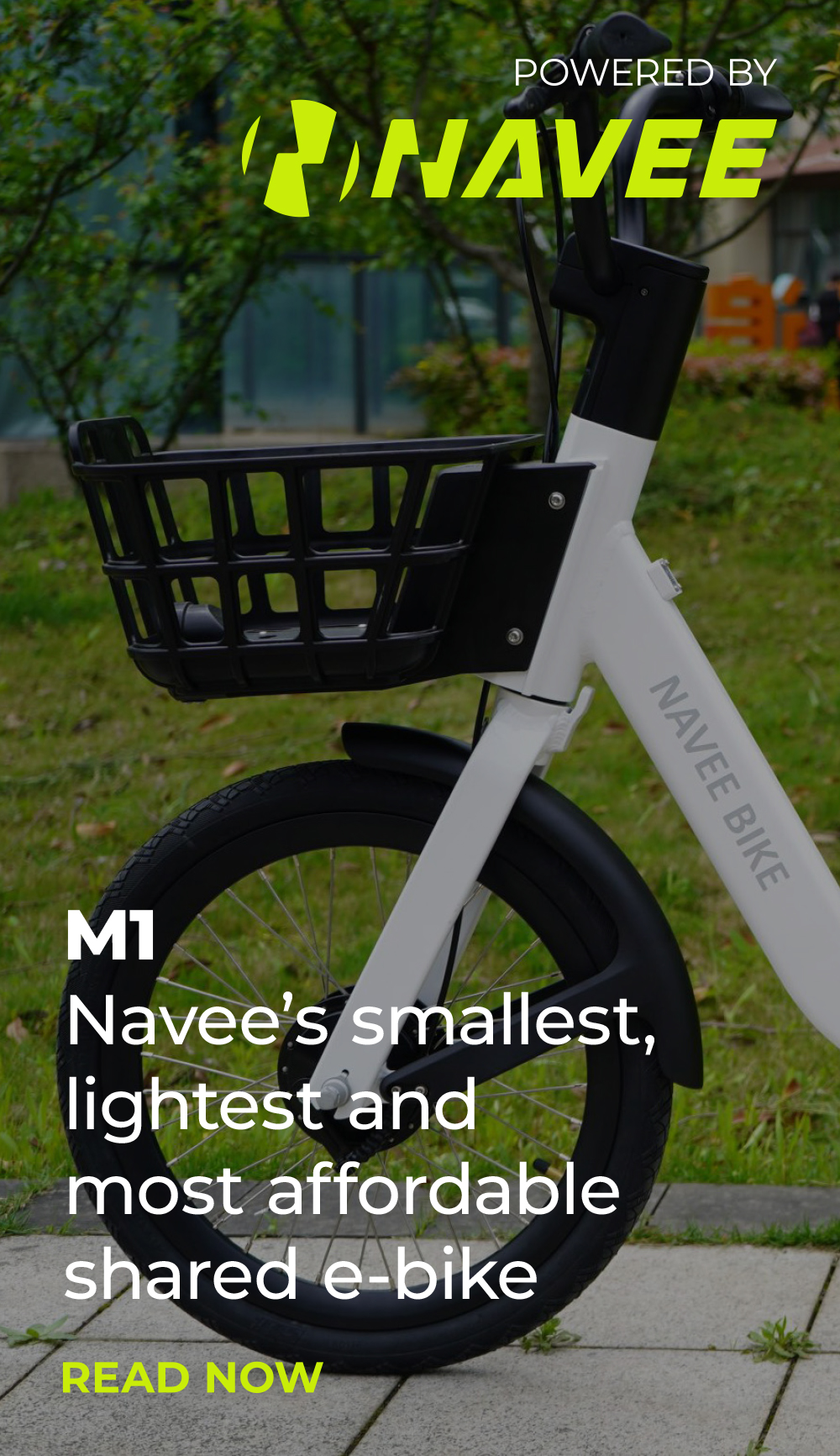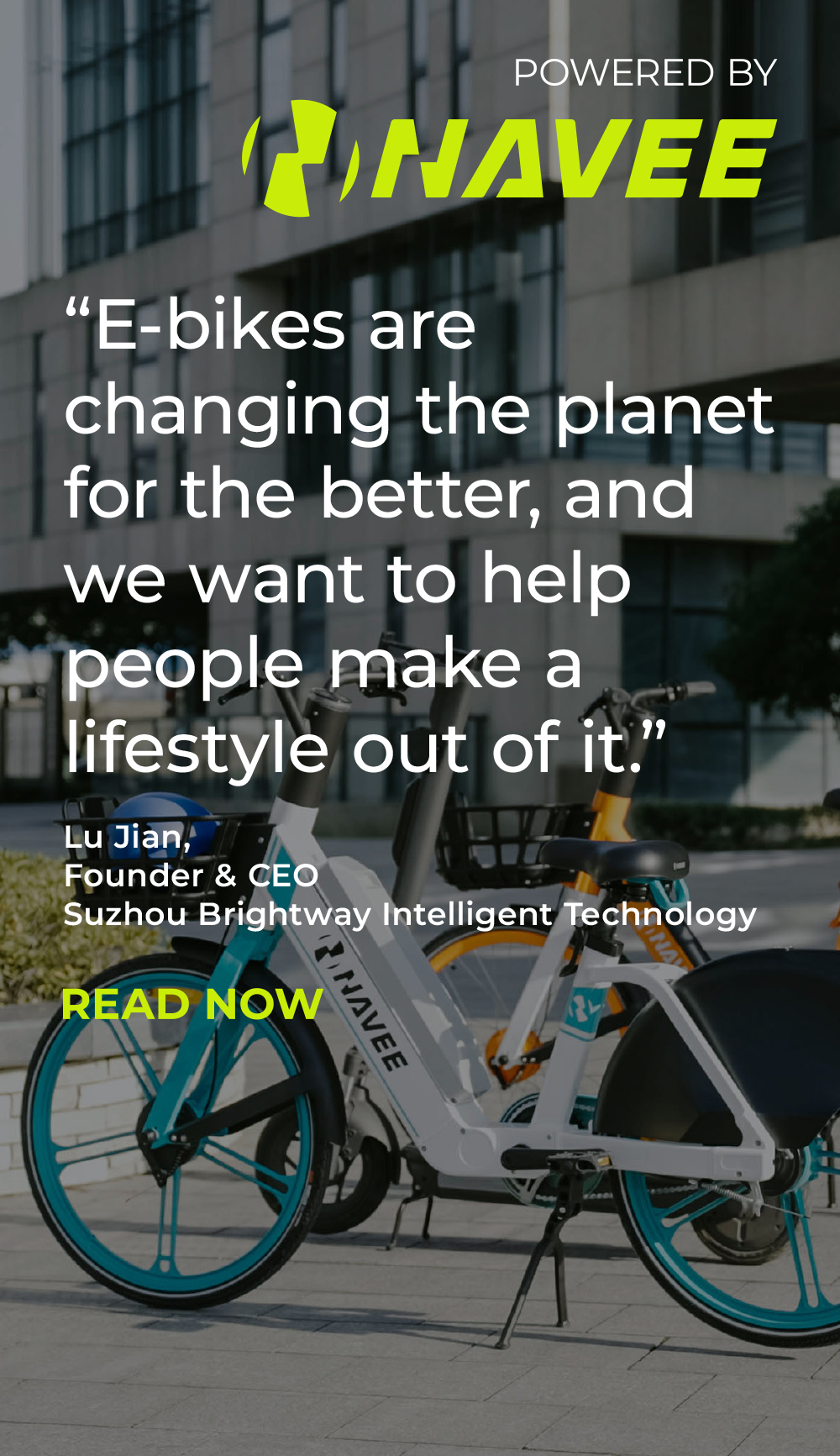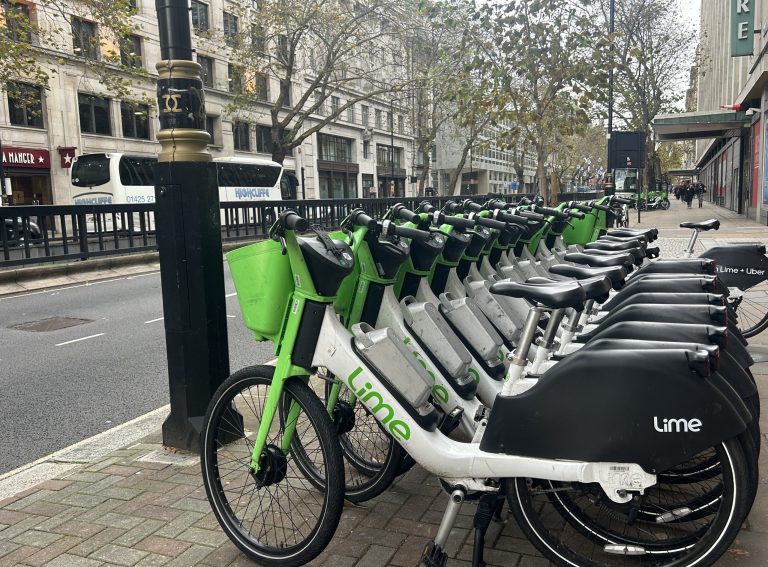The Belgian capital of Brussels has opened a new call for tender applications for shared micromobility operators – the city’s first comprehensive selection process.
Historically Brussels has lacked legislation required to limit operators in the city and cap their fleets.
But from January 1 2024 this will all change as Brussels takes the opportunity to overhaul its mobility landscape with the new legislation.
The tender will cut the number of e-scooter operators from eight to two which will significantly reduce the fleet size of the city’s e-scooter fleet, while putting a renewed emphasis on bicycles and cargo bikes.
From January, there will be two licenses to run 4,000 e-scooters each; three licenses for 2,500 bicycles each; two licenses for 300 e-mopeds each; and two licenses for 150 cargo bikes each.
The market to win in 2023
As one of the top three cities for scooter ridership, competition for the shared market in Brussels will be steep.
From April to June this year Brussels consistently logged more than one million trips per month, ranking it alongside Paris in terms of overall ridership.
“Currently, there are 20,000 shared scooters in the Belgian capital, second only to Berlin in Europe in terms of fleet size,” Julien Chamussy, Co-Founder and CEO of mobility data provider Fluctuo told Zag Daily.
“When this is significantly reduced to 8,000, the remaining operators will run a very in-demand service with a high number of trips per vehicle per day. Because of the huge reduction in scooter fleet size, there will also be a big opportunity for three free-floating bike operators.”
Zag also spoke with Tier’s Regional Manager François-Xavier Giraud as Tier is one of the current operators in Brussels.
“This tender is an integral part of the region’s strategy to enhance parking compliance and ensure the safety of both users and non-users, all while providing an eco-friendly and flexible alternative to private cars,” said Giraud.
“Consequently, Brussels is making a bold statement by expressing their support for micromobility, while also aiming to secure the highest quality services from operators.”
What’s in the call for tenders?
Brussels primary objectives are to emphasise sustainability, enhance road safety and improve accessibility.
Operators will be selected based on criteria including their socio-economic and environmental impact, adherence to parking regulations, integration into Brussels transport ecosystem, impact of fleet management on traffic and use of renewable energy sources.
Notably, industry expert Prabin Joel Jones, Founder and CEO of Mayten, points out that: “Brussels has made green electricity and battery recycling as admissibility criteria, effectively screening out operators who do not prioritise sustainability as a fundamental principle.”
The tender however makes no mention of revenue share or licence fees, and excludes high-tech advanced IoT requirements.
Brussels-based Dagmara Wrzesińska, Urban Mobility Specialist at Trafi, said: “I’m glad to see how it underscores the authorities’ focus on aspects such as user safety and parking compliance, rather than delving into high-tech IoT requirements.
“It’s evident that Brussels, drawing upon its extensive experience in micromobility governance, demonstrates a profound understanding of market dynamics in shaping this tender.”
Candidates must tag each criteria as either planned, under development or implemented, and include a timeline for planned actions.
Broader implications
Industry experts highlight this tender as an excellent illustration of a city assuming responsibility and actively addressing challenges in shared mobility.
“Brussels was an early adopter of shared e-scooters,” said Jones. “It is encouraging to witness Brussels taking a significant leap forward, reaffirming that shared micromobility, particularly e-scooters are here to stay, in contrast to Paris.”
The tender outcome will be released on 4 December.






